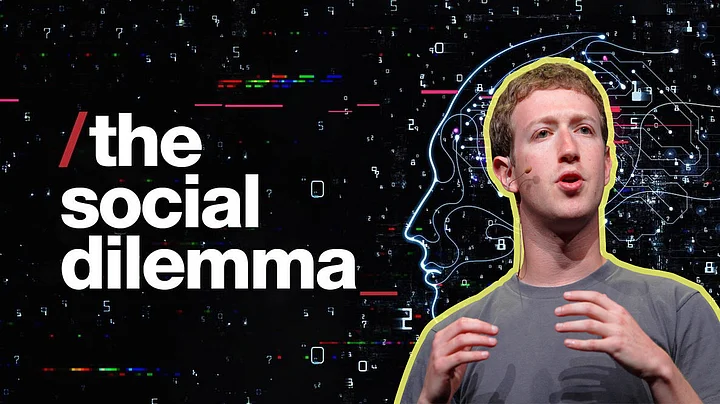It’s been almost a month since the Netflix documentary ‘The Social Dilemma’ came out and in a very uncharacteristic move, Facebook has issued an official statement rebuking some of the points the documentary raises about social networks.
In a post dissected into seven points, Facebook rebuts some of the claims made by the creators of ‘The Social Dilemma’ and says the documentary sensationalises the whole concept of social media platforms.
Facebook criticised the creators of the movie saying that “it gives a distorted view of how social media platforms work to create a convenient scapegoat for what are difficult and complex societal problems.”
Not only that, the movie doesn’t take into perspective what the people currently working in these organisations think about and ignored “the efforts already taken by companies to address many of the issues the experts raised”.
Seven Key Issues
- Addiction
- You are not the product
- Algorithms
- Data
- Polarisation
- Elections
- Misinformation
Addiction
The documentary talks about social media addiction and how platforms have been manipulated to keep the users hooked on to them. In response, Facebook said that it has deployed tools that “led to a decrease of 50 million hours a day worth of time spent on Facebook.”
“Our News Feed product teams are not incentivised to build features that increase time spent on our products. Instead, we want to make sure we offer value to people, not just drive usage,” it added.
Facebook has said that it continues to develop such tools.
You Are Not the Product
There were numerable instances throughout the documentary where users were being referred to as “products” (for social media platforms). It showcases how under the garb of engagement, social media platforms are making money off the time users spent on Facebook, Youtube, Instagram among others.
Selling ads is the business model of these networks and the more time you spend on them, the more money they make. That is the business model whether you like it or not.
However, Facebook says that it “provides advertisers with reports about the kinds of people who are seeing their ads and how their ads are performing, but it doesn’t share information that personally identifies you or sell your information to anyone.”
Facebook’s revenue stream comes from ads which is why the platform is available for free to users.
Algorithms
‘The Social Dilemma’ shows the algorithm as a three-person avatar that constantly monitors the user's social media activity and keeps feeding them content that gets them hooked for hours.
Rebuking this claim, Facebook says that it only deploys algorithm to make the user experience better and that “portraying algorithms as ‘mad’ may make good fodder for conspiracy documentaries, but the reality is a lot less entertaining.”
Data
Facebook has had a bad past with user data and scandals like Cambridge Analytica are a testament to how Facebook has treated user data. ‘The Social Dilemma’ shows how multiple businesses send Facebook users data in order to learn their behaviour patterns although Facebook has denied such a claim in its response.
“Despite what the film suggests, we have policies that prohibit businesses from sending us sensitive data about people, including users’ health information or social security numbers, through business tools like the Facebook Pixel and SDK,” the company said.
Polarisation
Facebook claims that populism and polarisation existed long before Facebook was created and claims that the majority of the content on Facebook is not polarising nor even political.
“While some posts from more polarising news sources get a lot of interactions, likes or comments, this content is a tiny percentage of what most people see on Facebook.”Facebook
It also said that the platform strives to reduce the amount of content that could drive polarisation including false headlines and misinformation.
Elections
Facebook was harshly criticised for its role in the 2016 US presidential elections and ‘The Social Dilemma’ also raised that issue.
In the post, Facebook acknowledged its mistakes in the past but feels that the entire narrative of the documentary leaves a bad taste considering that it did not show all the measures Facebook has taken post 2016 to curb election interference.
“The film leaves out what we have done since 2016 to build strong defences to stop people from using Facebook to interfere in elections. We’ve improved our security and now have some of the most sophisticated teams and systems in the world to prevent attacks,” Facebook said.
Misinformation
On the point of fake news and misinformation on its platform, Facebook said that it “is the only major social media platform with a global network of more than 70 fact-checking partners, who review content in different languages around the world.”
‘The Social Dilemma’ talks about how hate speech and fake news pervades social media and how it has affected the lives of its users and also cost the lives of many.
Opposing this, Facebook acknowledges that it is not perfect and there are things that it misses out on. However, the company added that it does not sit idle and takes necessary action to take down misinformation from its platform.
(At The Quint, we question everything. Play an active role in shaping our journalism by becoming a member today.)
